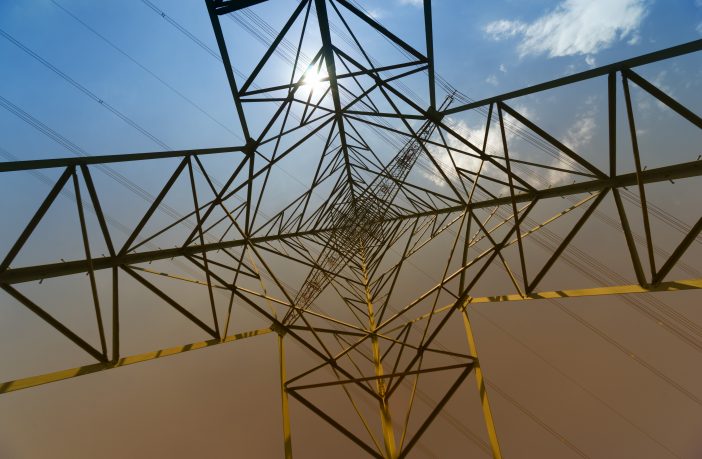- The Power Distribution Services Ghana Limited (PDS) will be the electricity service provider in all of the Electricity Company of Ghana’s (ECG) operational areas effective 1st March 2019.
- PDS announced plans of investing over $580 million in the country’s power sector within the next five years after receiving the assets and operations of ECG.
- PDS is expected to strengthen the governance, management and operations of the ECG and improve the delivery of power to end users as well as support the country’s socio-economic growth and alleviate poverty.
With effect from 1 March, the Power Distribution Services Ghana Limited (PDS) will be the electricity service provider in all of the Electricity Company of Ghana’s (ECG) operational areas. The areas located in the Southern Distribution Zone of Ghana including the Greater Accra, Eastern, Volta, Central and the Western regions, reports Ghana Business News.
PDS announced plans of investing over $580 million in the country’s power sector within the next five years after receiving the assets and operations of ECG. ECG’s assets would be leased to the PDS Ghana Limited, while the ECG would become an Asset Holding Company, and after the end of the concession, all assets would be transferred back to the former.
PDS is expected to strengthen the governance, management and operations of the ECG and improve the delivery of power to end users as well as support the country’s socio-economic growth and alleviate poverty.
The ECG Private Sector Participation Activity is one of the key project activities that constitute the ECG Financial and Operational Turnaround Project, under the 498.2 million-dollar Ghana Power Compact programme.
It is reported that the Millennium Challenge Corporation will also be investing $537 million into the power sector to improve electricity reliability, access, affordability and efficiency under the Ghana Power Compact II.
Senior Minister, Yaw Osafo-Maafo, was cited saying that electricity is an economic and political tool that signifies civilisation, especially in rural communities.
“We cannot talk about an economy without reliable power and Ghana has gone through some difficulties when it comes to power distribution, therefore, the second Compact Agreement covering this sector was very pleasing to me personally in tackling a programme that is extremely important to the country,” he said.
Author: Babalwa Bungane
This article was originally published on ESI Africa and is republished with permission with minor editorial changes















